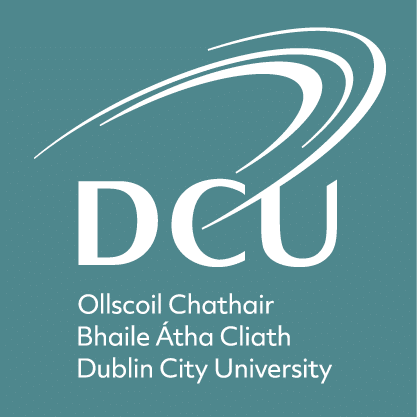Introduction
The MSc in Translation Technology is a one-year, full-time programme at Dublin City University which provides advanced technical training, an essential element in the world of translation in the twenty-first century. It welcomes students with languages other than those covered by the MA in Translation Studies (i.e. French, German, Irish, Spanish, Chinese, Japanese), with English as a common language.
Students on this course take modules including Software Development, Translation Technology, Localisation, Audio Visual Translation, Digital Methods in Language and Discourse and Computerised Terminology.
The MSc in Translation Technology at DCU is a member of the prestigious European Masters in Translation (EMT) Network established by the Directorate-General for Translation at the European Commission. This has established the MSc programme as one of the most prestigious in Europe. For more information see:
https://ec.europa.eu/info/european-masters-translation-emt_en
Lecturers on the MSc in Translation Technology at Dublin City University are internationally recognised scholars in the field of Translation Studies, many of whom have extensive connections with the translation profession and the translation industry.
Programme Structure and Content
The MSc in Translation Technology:
- Develops a range of professional and linguistic skills appropriate to the translation profession
- Equips students with the technological tools and skills required in the profession
- Provides practical training in the use of translation tools and an introduction to computer programming
- Introduces students to contemporary theoretical issues in Translation Studies
Students on the MSc in Translation Technology take these core modules
- Translation Technology
- Computerised Terminology
- Translation Theory
- Research Methodologies
- Localisation
- Audio Visual Translation
- Digital Methods in Language and Discourse
- Software Development
Optional modules may include specialised translation, Crisis Translation, and Artificial Intelligence and Information Seeking.
Students write a dissertation over the course of the summer months. Alternatively, they may opt for a three-month work placement in Ireland or abroad.
Why DCU?
We are the only Irish university to offer a comprehensive postgraduate programme in Translation Technology combined with contemporary theoretical issues in Translation Studies.
Our programme belons to the prestigious European Masters in Translation (EMT) network initiated by the European Commisision in order to promote a quality brand of translator qualifications.
Our programme provides a firm grounding in translation technology and in the academic discipline of Translation Studies with a strong practical and professional dimension.
We work closely with professional bodies (e.g. Irish Translators’ and Interpreters’ Association), international organisations (e.g. EU) and the translation industry to deliver a programme that equips graduates with excellent translation technology skills.
We provide an excellent research environment with internationally recognised scholars in the field of Translation Studies.
Students are also able to pursue further study in the field through the attached to the internationally recognized
Centre for Translation and Textual Studies (CTTS), DCU’s University Designated Research Centre, which provides a stimulating research environment.
For more information, see: https://www.dcu.ie/courses/postgraduate/salis/msc-translation-technology
